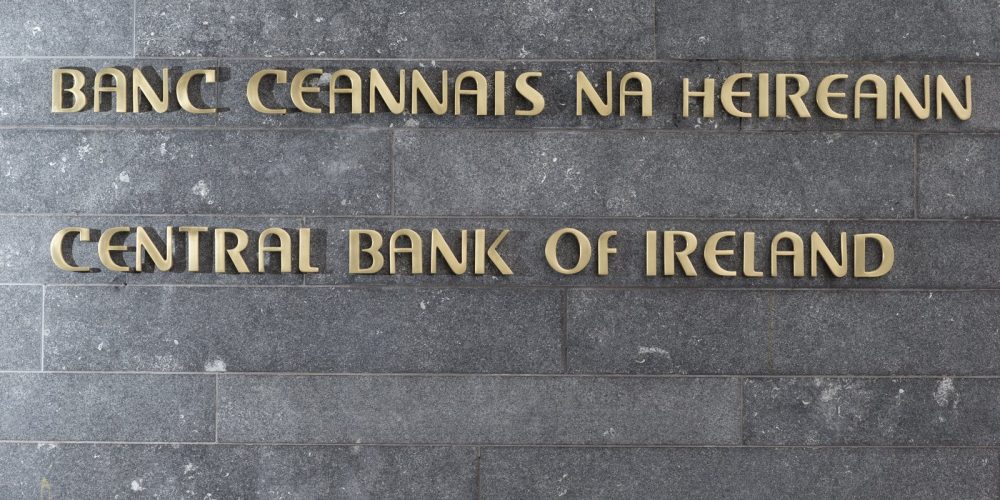The dominant ideological story of central banks is that removing them from the control of governments depoliticised them and made them neutral, “scientific” actors in the economy.
The argument goes that, as economics developed into a science, with the primary aim of keeping inflation low, making central banks independent allowed them to act unhindered by the short-term electoral sways of party politics and government. This facilitates them in acting in the long-term interest of the economy. This view argues that they are beyond political influence; they are beyond ideology.
This could not be further from the truth.
Central banks are deeply ideological and political institutions that have been removed from democratic accountability and control and now, more firmly than ever, represent the interests of finance capital.
There are not many studies into the political operations of central banks and how they influence, and who they represent; but two papers looking at the EU Central Bank and this issue are worth reviewing.
The two papers are “Death by a thousand cuts? Financial political power and the case of the European financial transaction tax” and “Central banking and financial political power: An investigation into the ECB” by Manolis Kalaitzake of UCD. Both tackle head-on the role of European central banks and their relationship with finance capital.
In “Death by a thousand cuts,” Kalaitzake takes the case of the financial transaction tax and looks at how, and why, the ECB virtually killed this proposal.
The FTT had the support of leading member-states in the European Union, the EU Commission, the EU Parliament, and a majority of people in Europe, according to most research and opinion polls. Yet it hasn’t come about. And the writer demonstrates that one of the main reasons is the political mobilisation of financial actors, including, crucially, the ECB itself.
More generally, deep financial reform has not materialised following the crisis; and in large part this is because of the power of finance capital. Reforms have been postponed, proposals have been abandoned, and, most often, reforms have been significantly watered down. Crucially, the “too big to fail” dilemma has failed miserably to be resolved. If anything, we have seen increased monopolisation in the sector.
Industry bodies, such as the Association of Financial Markets in Europe, led the way in lobbying and recruiting other financial and non-financial actors. Four lines of argument were used consistently against the financial transaction tax: (1) it would primarily hurt end-users, as the cost would be passed on; (2) it would reduce European competitiveness, harm jobs, and so ultimately reduce tax revenue; (3) taxation is not an appropriate regulatory tool; and (4) empirical evidence from Sweden in the 1980s shows that FTTs do not work.
Impact assessments were carried out that showed negative effects of an FTT. And lobbying was especially aimed at central banks, and at the ECB in particular. The Central Banks of England and Spain made highly political interventions; and then, decisively, the ECB entered the debate, and this was the final nail in the coffin of a pan-European FTT.
In the second paper, “Central banking and financial political power,” the writer examines how financial actors influence the ECB and how the ECB has been an important ally of the financial sector since the crisis in thwarting financial reforms.
Financial actors, according to the writer, use four mechanisms to exert power: (1) the revolving doors of the elite; (2) closed policy meetings; (3) capital flight; and (4) “too big to fail.”
These represent both personal and structural power at play in shaping the ideology and political interference of the ECB. The paper provides examples and evidence of the four mechanisms of power exerted by the financial sector on the ECB, for example the private-sector jobs of the present Executive Board of the ECB, including banks and also associations and sectoral bodies. In closed policy meetings it notes that the president of the ECB, Mario Draghi, during the first three months of 2017 met banks repeatedly but did not meet one NGO, civil-society organisation, or trade union. These patterns are repeated constantly.
Far from being neutral, “scientific,” or independent, central banks work hand in hand with finance capital, representing its interests and interfering in democratic debate on its behalf.






